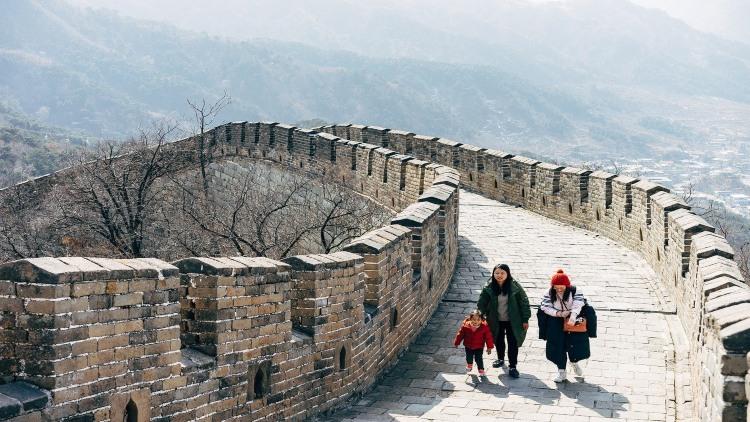Knowledge security: suspect researchers may be denied visas

International cooperation is key for the knowledge and higher education sectors, but it also poses challenges, the Dutch government wrote in a letter (in Dutch) on ‘knowledge security’. Some countries may use the internationalisation of universities to try to exert clandestine influence for economic or military reasons. The Netherlands could be affected by this problem, says the cabinet.
China was singled out as a particular concern in the Dutch House of Representatives, in light of that country’s lack of academic freedom and human rights violations. Some political parties submitted questions on this matter, but the government’s responses were cursory. The new approach is known as ‘country-neutral’.
A stricter approach
The central question is how to continue to cooperate internationally while also being vigilant about the risks. The Cabinet will be introducing a number of measures, some stricter than others.
In the first instance, the government wants to promote greater awareness and self-regulation in the research sector. A new expertise and advice centre will be created for ‘knowledge security’, which researchers can turn to if they need support, for example. But ultimately, individual institutions will need to make their own decisions, the letter states.
Tighter controls
The ‘management agreements’ that the Cabinet will make with those institutions regarding their security policies are slightly tougher. Knowledge security guidelines and checklists will be introduced, which institutions will be required to apply. For instance, they will need to keep a register of their (foreign) PhD students and their partnership agreements with overseas knowledge institutions and companies.
But even tougher measures are also possible. Some researchers may no longer be allowed to enter the country, although it is still far from clear which academics from which countries would be affected. They could be guest lecturers, researchers or Master's students.
An ‘assessment framework’ will need to be created for this purpose, and the government will also consider which disciplines should receive extra attention.
North Korea and Iran
International sanctions have been imposed against North Korea and Iran in relation to the development of nuclear weapons. Researchers from those countries are already screened before they can access certain knowledge and facilities.
Parties VVD and CDA wanted to know (in Dutch) whether researchers from China could be treated in the same way as Iranians and North Koreans. No, the Cabinet replied in the letter, because no relevant international sanctions are in place against China.
What about covert influence here in the Netherlands, which could lead to self-censorship? The Clingendael Institute warned about this in its critical report on China and knowledge security. The Cabinet did touch on this subject briefly, but only in general terms. The problem is only likely to get worse, was the message. “That means we will need to improve our resilience. And do this in a way that is proportionate and future-proof, and that respects and strengthens the academic core values that we wish to protect.”
Good idea
The Association of Universities in the Netherlands (VSNU) thinks the government’s approach is fine. “It’s positive that the Cabinet has opted for greater clarity in this important area,” commented chairperson Pieter Duisenberg in a press response. He also warned against the extra paperwork that screening and self-regulation will involve, however.